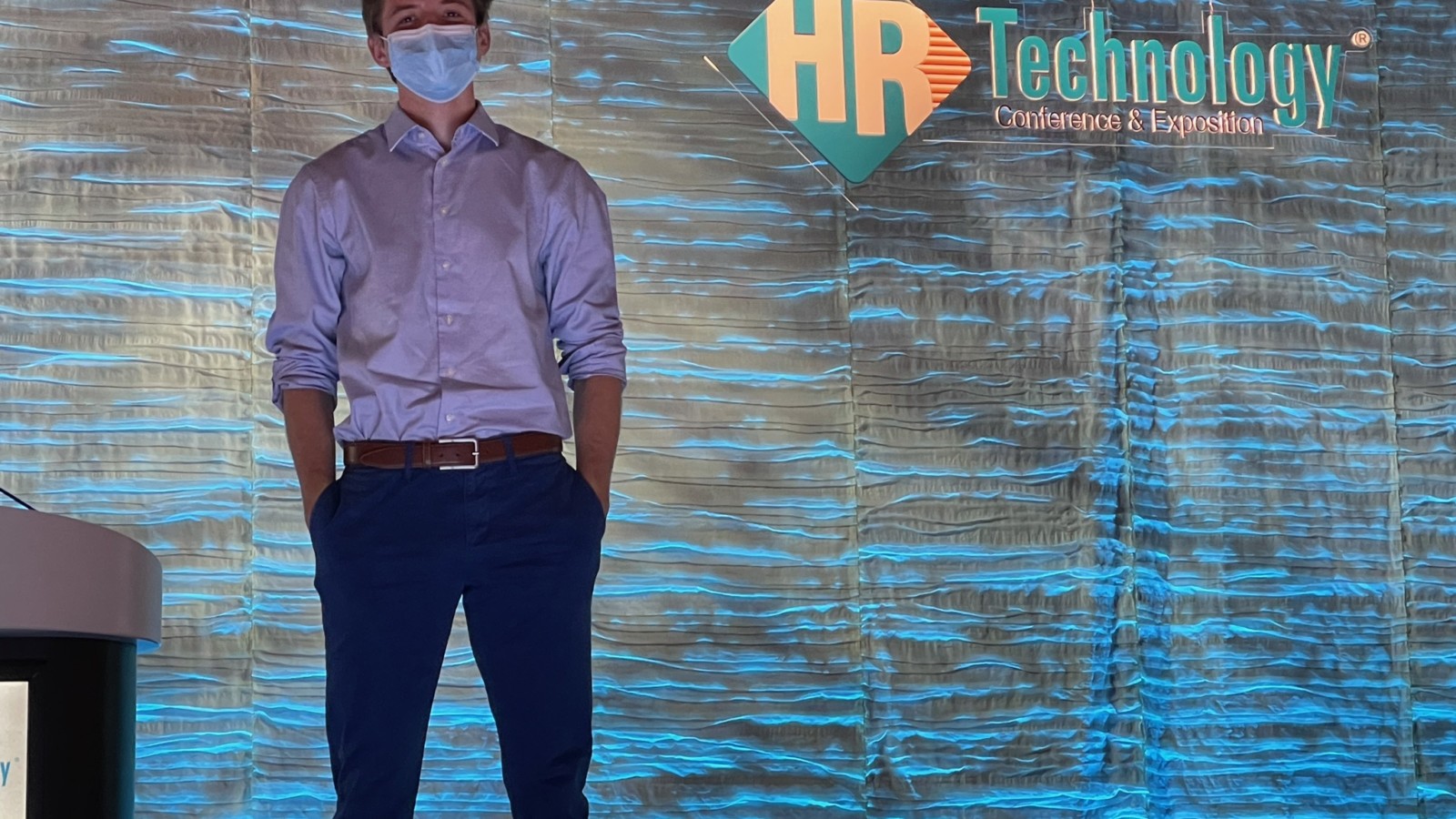The Great Resignation has left many companies in the lurch. To fill the gaps left by the exodus of employees, companies are looking more than ever to the new talent flowing out of top colleges and universities. Unfortunately, some of the methods that they’re using to identify and attract those top students are failing to connect with the best prospects and, in what is a nightmare to many hiring managers, are pushing them away.
The methods to which I’m referring are recruiting competitions, which include case competitions and hackathons. Typically these events involve companies, sometimes working in cooperation with college recruiting offices, inviting teams of students to compete against each other to show their skill at solving business problems. Companies see these as an opportunity to attract and discover talented and motivated prospects. They’re a great idea, but the execution is often all wrong. In most cases they give the businesses that utilize them a terrible return on their investment.
David Botos is a senior at the University of Michigan who has participated in many recruiting competitions. The teams that he has been a part of have won ten case competitions and three hackathons. What he has seen in his experience with them is a broken system. That inspired David to start Helix Professional Services, a company that he launched to fix the problems with recruiting competitions.
“The primary goal of these competitions is connecting with top college seniors and recent graduates,” David says. “This isn’t happening to the degree that it could be.” He sees most competitions as poorly marketed, lacking in logistics, and confusing in the direction that they provide to those who wish to compete.
A huge problem for students is the lack of any pre-competition workshop that establishes a baseline understanding of expectations. Participants are subjected to a stream of email messages that attempt to communicate what is often a confusing course of action. In short, these competitions that are meant to provide a stage for student success aren’t giving students the tools they need to show prospective employers their true potential.
As a result, the competitions are either completely unknown to students or don’t truly give sponsors a read on the talent level of those who participate. In addition, they’re expensive for the companies that sponsor them.
“I developed Helix to address all of these problems and allow recruiting competitions to truly tap top college talent,” says David. “By combining a unique marketing strategy with a customized and centralized program for developing and deploying competitions, Helix fixes the system.”
David says he believes the first step to making recruiting competitions work is developing the right case. “At Helix, we develop the case for the competition around a company’s actual area of interest,” he says. “This allows the company to see how potential hires will engage with their core business, as well as providing research and ideation insights that the company can utilize later.”
Once Helix develops the case for the competition, it markets it through its unique ambassador program. Helix has a network of ambassadors across the US who manage relationships with professional clubs on their college campuses. Helix ambassadors know how to promote events in a way that connects with college students. They put a familiar face on what is normally a mechanized and impersonal system. The ambassador system allows Helix to generate enough interest in competitions to create a genuine quorum of qualified candidates.
Once students are engaged, it is key to provide an environment that removes the confusion. Helix provides all the necessary information from one centralized platform, removing confusing email logistics. It hosts workshops to help committed participants become familiar with the companies involved in competitions and the problems that they will be attempting to solve.
While Helix makes sure that companies get the best return on their investment, perhaps the greatest benefit that it offers is helping companies to connect in a more human way. The current college recruiting landscape is a numbers game, where AI driven platforms demand that students submit dozens of standardized applications through faceless portals. Thanks to on-campus ambassadors, Helix provides companies with a way to give students an in-person, high-touch experience. With so many spots to fill, employers need every advantage to secure top talent. Helix brings a much needed human element to the recruiting process.


